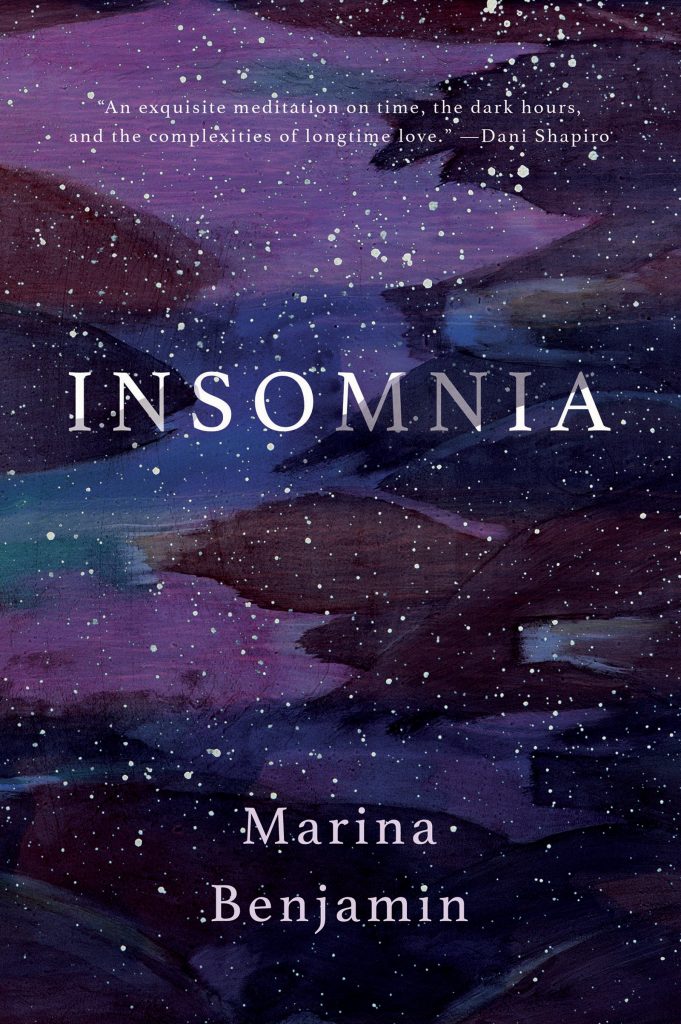Ok, so that title is a bit of a clickbait, but well…it’s February (aka Valentines Day month) and the 15th (which is apparently Singles Awareness Day), so I thought I’d share different books that focus on as many kinds of healthy relationships as I can.
Coming from someone who kinda finds self-help books cringey as a concept, this was also a challenge I set for myself to find titles I would actually read publicly. This is not to say I’m judging anyone else for reading or liking such books! I just don’t like admitting to needing help, pretty much ever.
(…Feel free to recommend me a self-help book to get over this.)
With that introduction out of the way, let’s dive in!
Self
The Self-Compassion Skills Workbook by Tim Desmond
I will admit that I frequently and freely judge books by their covers, and this ’14-Day Plan to Transform Your Relationship With Yourself’ by Tim Desmond caught my eye because 1) it’s pretty and 2) it screams workbook first and self-help book second. Also, I think many people’s unhappiness with themselves stems much of the time from being far too hard on themselves about things that are normal and natural to the human condition. We are people, we are messy. But we don’t have to be miserable messes, and here’s an actionable guide to getting on the road to being kind to ourselves!
Desmond’s aim with this book is to improve your ability to motivate yourself; regulate your emotions; learn resilience; lessen self-criticism and destructive behavior; heal painful experiences; and be more present and compassionate with others. It also contains downloadable audio recordings!
Continue reading

